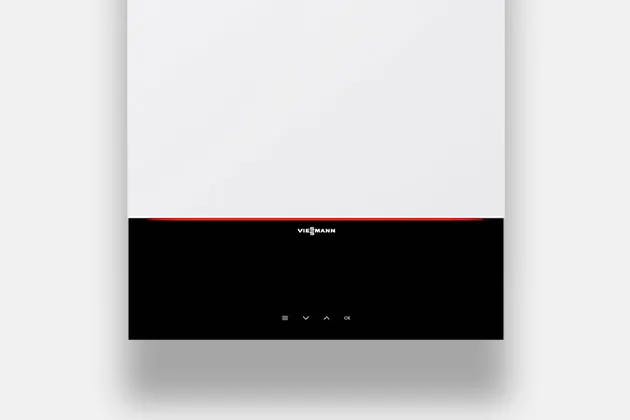The annual servicing of the boiler is an essential component in the upkeep of a central heating system that is both safe and efficient. In this blog, our heating engineers go into the significance of having your boiler serviced annually, as well as the specifics of what takes on during this crucial preventative maintenance routine.
Why should you service your boiler?
When you get your boiler serviced once a year, a trained professional will inspect all of the components of your heating system in great detail. It is an essential precaution that is necessary to eliminate the possibility of carbon monoxide leakage and other potential dangers.
You can also prevent unexpected heating breakdowns make sure your house stays warm and save money on any unexpected breakdown costs.

What Happens During A Boiler Service?
Step 1: Visual Inspection
The first step in a boiler servicing session is a visual inspection. The engineer meticulously examines the boiler to ensure it complies with current standards and requirements. They also check for any visible signs of damage, corrosion, or leaks. Additionally, the engineer visually inspects the flame in your boiler to assess its condition.
Step 2: Removal of the Boiler Casing
Next, the engineer removes the boiler casing to access its internal components. This step is crucial as it allows them to check and adjust various components as needed. They also perform a thorough cleaning of the inside of the boiler, paying close attention to the heat exchanger, burner, and other critical elements.
Step 3: Flue Check
The engineer proceeds to examine the flue pipe, which is the pipe connecting your boiler to the exterior of your home. During this inspection, they ensure there are no obstructions in the flue and that it is properly fitted.
Step 4: Operation and Control
In this step, the engineer tests all boiler functions, controls, and safety devices to ensure they are in optimal working condition. This ensures that your boiler operates safely and efficiently.
Step 5: Additional Checks
The engineer goes the extra mile by verifying the boiler's ventilation and its distance from combustible materials. These precautions are essential to prevent potential hazards.
Step 6: Conducting a Record
As a homeowner, you'll appreciate the engineer's diligence in maintaining records of each test conducted. This information can be invaluable for future reference and inspections.
Step 7: Boiler Fired Up
Finally, the engineer fires up the boiler to check for any operational failures. They also reset any controls to their original settings, ensuring your heating system operates as intended.
Following these procedures, you will receive a comprehensive service report from the engineer. The conclusions, any corrective measures, and suggestions for further upkeep are described in this report. This paperwork is useful not only for monitoring the condition of your boiler but also for providing evidence of routine maintenance, which comes in handy when filing an insurance claim or making a warranty claim.
It's worth noting that while these steps are typically followed during a boiler inspection, the procedure may vary slightly depending on the specific type of boiler you have. For instance, if you own a condensing boiler, the engineer will also inspect the boiler's drainage system.
Speak with Gas Safe Registered Engineers
We offer boiler servicing in Chelmsford, Dunmow, Saffron Walden, Bishops Stortford, and the surrounding regions. Get in touch by calling us on 07956575049 and we'll be happy to help.


